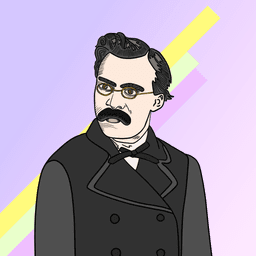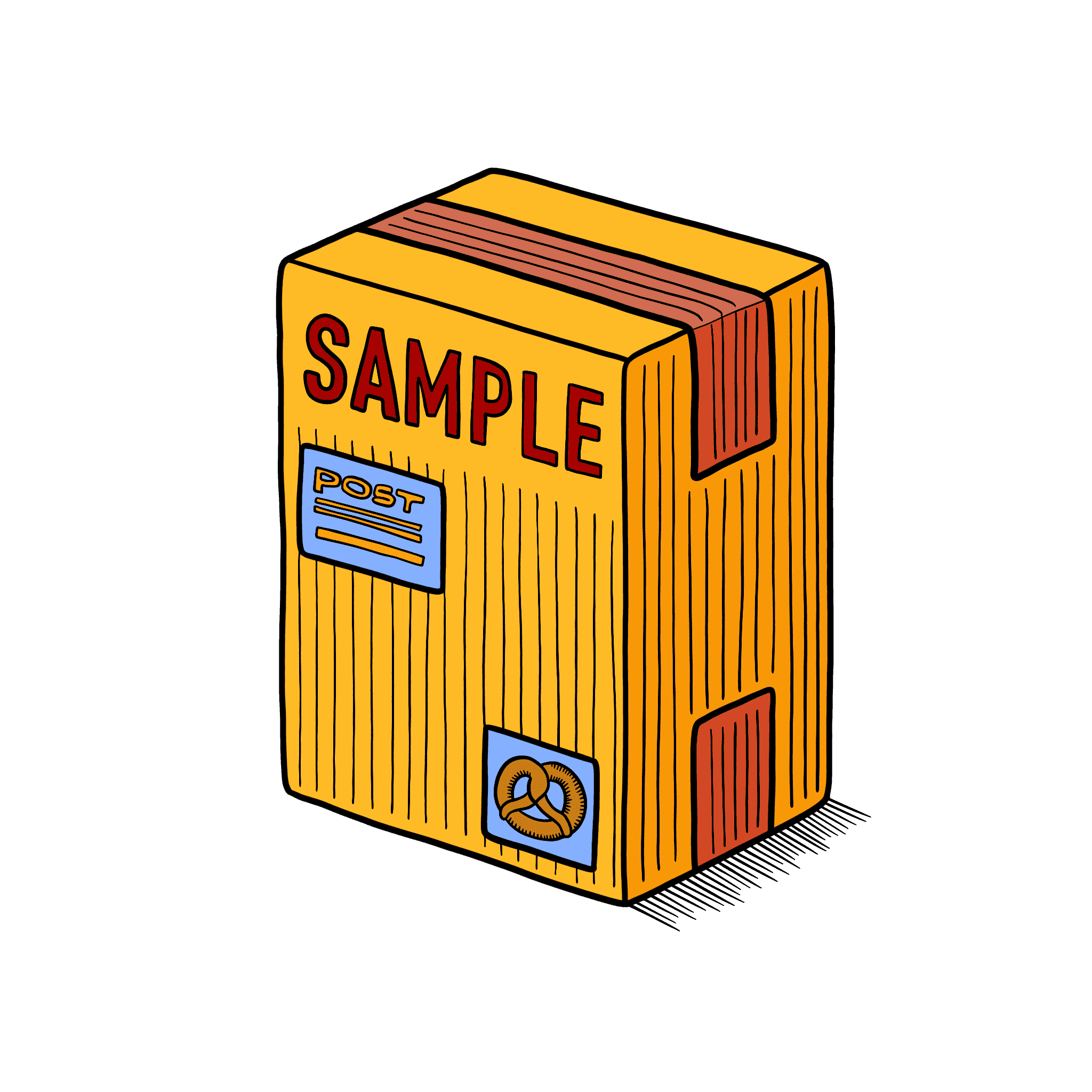Wieder vs. Nochmal
Learn the difference between "wieder" and "nochmal" in German, two adverbs that are often confused by learners.
As a learner of the German language, it is important to understand the differences between similar adverbs, such as "wieder" and "nochmal". While both words can be translated to "again" in English, they are not always interchangeable. In this blog post, we will discuss the differences between these two adverbs and how to use them correctly in context.
"Wieder"
"Wieder" is an adverb that means "again" or "anew". It is often used to express repetition of an action or event that has already occurred in the past.
Here are some examples of how to use "wieder" in a sentence:
I will see him again next week.
She is learning German again after a break.
He is reading the book again.
As you can see from these examples, "wieder" is used to express the idea of repeating an action or event that has happened before.
"Nochmal"
"Nochmal" is an adverb that means "once more" or "another time". It is often used to express the idea of doing something again or giving something another try.
Here are some examples of how to use "nochmal" in a sentence:
Can you please explain that again?
I want to try the cake again.
Let's watch the movie one more time.
In these examples, "nochmal" is used to express the idea of doing something again, but not necessarily repeating an action that has happened before.
Using "Wieder" and "Nochmal" in Context
It is important to understand the differences between "wieder" and "nochmal" in order to use them correctly in context.
Let's take a look at a dialogue between two friends, Layla and Mahmoud, to see how they use these two adverbs:
In this dialogue, Nietzsch uses "nochmal" to suggest watching the movie again, while Layla uses "wieder" to suggest that they won't watch it again if Nietzsch doesn't like it.
Conclusion
In conclusion, while "wieder" and "nochmal" both translate to "again" in English,




